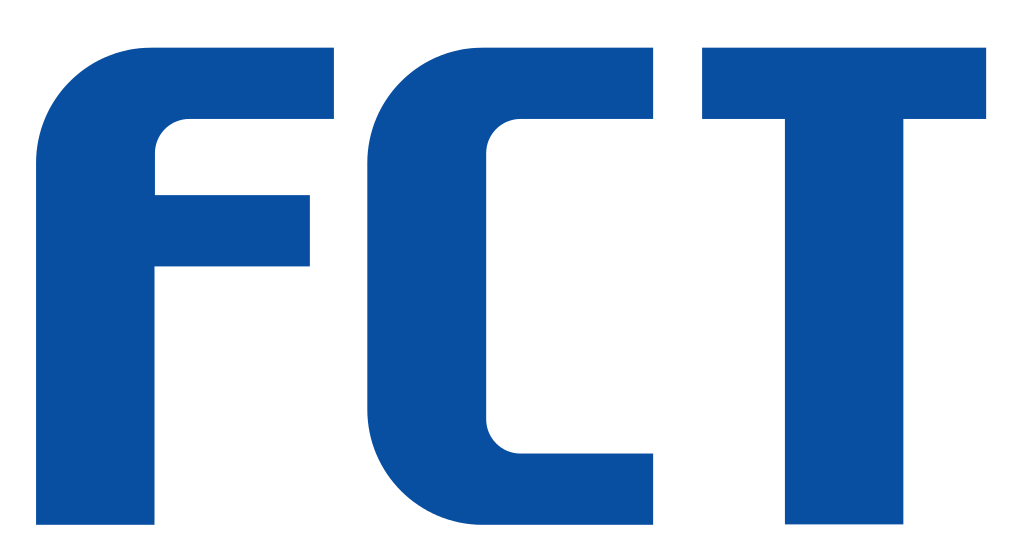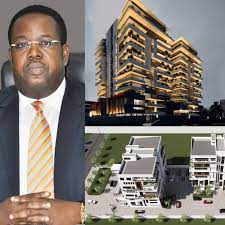
By Philip Yatai
The Federal Capital Territory Administration (FCTA) says its urban mass transit buses would resume operations to cushion the effect of hike in transport fare, occasioned by fuel subsidy removal.
The News Agency of Nigeria (NAN) reports that transport fare has skyrocketed by more than 100 per cent in the Federal Capital Territory (FCT), since the new fuel price regime took off.
During his inaugural speech on May 29, President Bola Ahmed Tinubu had announced the removal of fuel subsidy, leading to the increased price of petrol from N195 to N540 per litre.
Barely two months after, the price was further reviewed upward to N617 per litre, a development some FCT residents said was taking a heavy toll on them.
Some civil servants particularly groaned that the increase in transport fare was forcing them to spend a larger chunk of their salary on transport.
Some residents described the efforts as a “welcome development”, saying it will significantly ameliorate the hash transportation situation in the FCT.
A resident of Nyanya, Mr Paul Nkom, told NAN that he spends more than N1,000 daily on transportation from the initial N300 to Federal Secretariat and back home.
“This amounted to over N5,000 a week and N20,000 a month from my meagre salary, but I am sure that fare will drastically reduce if we have the urban mass transit buses on the road,” he said.
Another resident, Mr Lawal Haruna, said that she spends N1,100 on transportation from Gwarinpa to his office located at Central Area, Abuja and back home, amounting to N2,200 every day.
Haruna pointed out that he spends N11,000 weekly and N44,000 monthly.
“This is about 50 per cent of my salary. We are appealing to the FCTA to roll out palliatives to cushion the effect of the hike in transport fare on workers salary,” he said.
He urged the FCTA to, as a matter of urgency, refurbish the urban mass transit buses and get them on the road to provide alternative and cheaper transportation within the FCT.
Meanwhile, the Permanent Secretary, FCTA, Mr Olusade Adesola, said on Monday that plans are already in place to bring back the mass transit buses on the road.
Adesola disclosed that the Managing Director of Abuja Urban Mass Transport Company (AUMTCO) was in Lagos over the weekend on the matter.
“He was in Lagos over the weekend where he held meetings with the companies that supply our mass transit buses to fix the buses for us.
“We are also working to ensure that all the buses are fixed and back on the road to support the movement of persons in and out of the city,” he said.
“We have also commenced the rehabilitation of the vandalised rail tracks of the Abuja Rail Transport System to complement the urban mass transit buses to bring succour to our people.
“The Federal Government has also introduced a number of measures to ameliorate the effect of the withdrawal of subsidy of petroleum products,” the permanent secretary said.
Similarly, Mr Wadata Bodinga, Director, Traffic Management, Transportation Secretariat of the FCTA, recalled that the FCTA had in Nov. 2022 mandated the Abuja Investment Company Limited (AICL), to resuscitate AUMTCO for better performance.
Bodinga told NAN that the goal was to ensure efficient and effective mass transportation services in the FCT.
He explained that the AICL is an investment company established by the FCT Administration to manage the assets, investments, and business interests of the FCTA.
He noted most of the buses were not on the road, adding that efforts were on top gear to fix them and get them on the road because of the huge potential in public transportation in the FCT.
“Currently we are in a situation where taxes are the one doing the work of high-capacity buses.
“This will soon change as one bus has the capacity to remove 20 taxes off the road,” the director said.
The director also disclosed that the FCT Administration has concluded plans to encourage private sector investment in urban mass transportation.
Bodinga said that the fuel subsidy removal was a transportation matter but with transcending effect across all other sectors.
Noting the need for government intervention in the transportation sector, the director said that the move to encourage private sector investment was part of efforts to cushion the effect of the subsidy removal.
The idea, according to him, is for the private sector to invest massively in urban transportation which will eventually crash transport fare in the city.
“One of the steps is to provide an enabling environment for the private sector to invest, so that they can compete favourably and have greater advantages than small buses and taxes.
“We are already in talks with a lot of companies who are ready to invest. Some of them are already partnering with foreign companies to bring the vehicle into the city.
“The FCT Administration on its part will provide some kind of palliatives, or incentives by providing the companies with spaces to build their service centres and parking bay.
“We will provide critical infrastructure that will encourage the private companies to come to the Abuja city and operate,” he said. (NAN)



